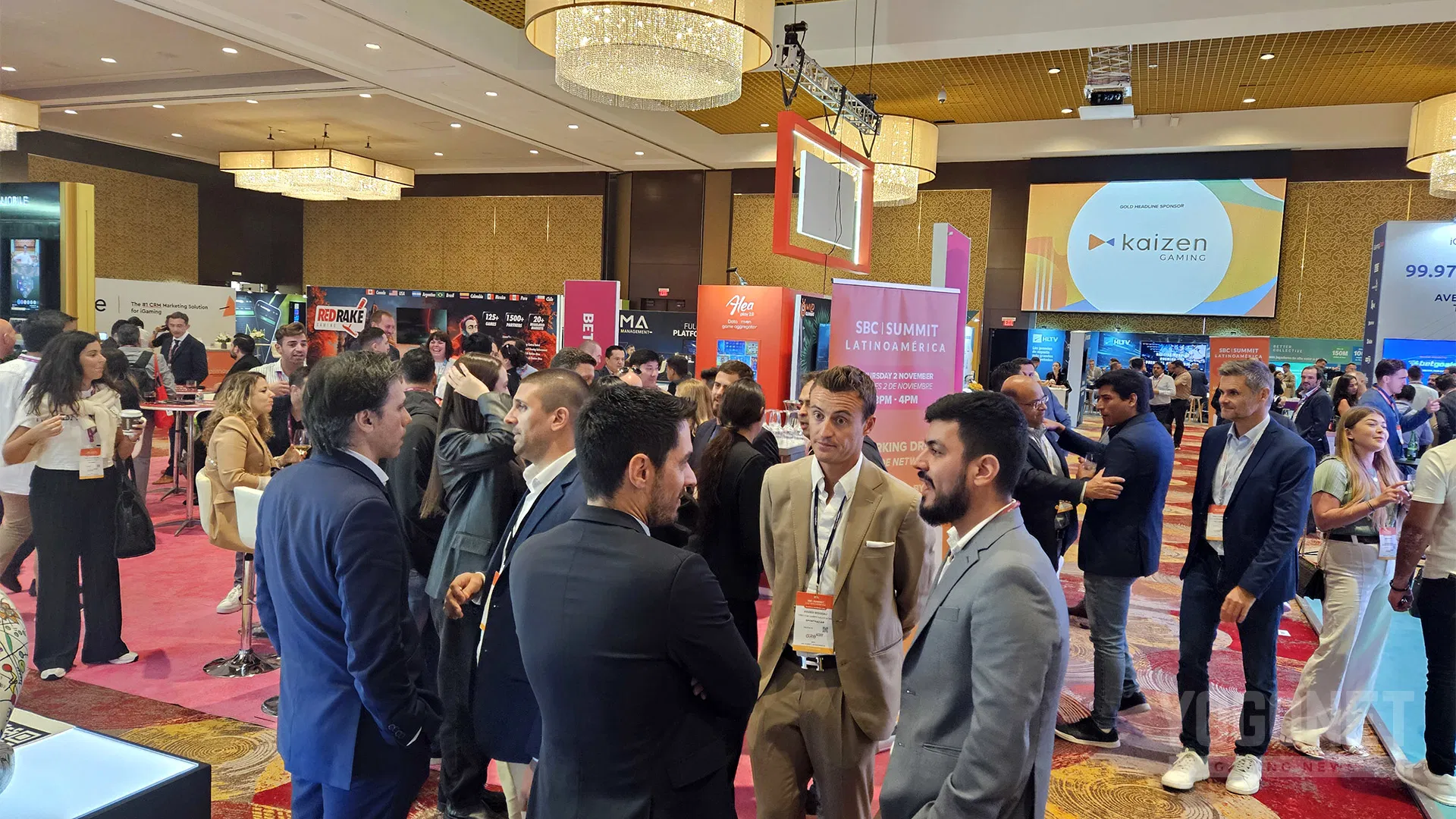Eight former SkyCity Entertainment executives are facing a legal battle, as an investor attempts to recover a AU$67 million penalty paid by the company. The fine was issued in 2023 after an investigation by AUSTRAC into serious anti-money laundering failures at SkyCity’s Adelaide operations.
Investor Stephen Wright has filed an application in the NSW Supreme Court for permission to pursue a statutory derivative claim. If the court allows the payment of this compensation, the funds would go directly to SkyCity rather than to Wright. The claim targets decisions made between December 2016 and December 2022, during the accused executives’ tenure in office.
Shareholder Moves to Recover AU\$67 Million Fine
Wright argues that former directors and senior officers failed in their duties. His claim highlights significant compliance issues under their leadership, which contributed to the regulatory breach. The legal action is based on AUSTRAC’s findings, which revealed SkyCity had weak systems for detecting suspicious behaviour in its Adelaide Casino. This increased the risks of money laundering, as customers operated with little oversight.
The list of named defendants includes former CEOs Graeme Stephens and Michael Ahearne, former Deputy Chair Bruce Carter, and several past heads of legal and compliance. Wright’s legal team states that these individuals directly failed to prevent the company’s regulatory shortcomings.
Legal Action Follows Industry-Wide Scrutiny
The lawsuit comes at a time of high scrutiny for Australian gambling operators. Aside from SkyCity, Crown Resorts and Star Entertainment have been subject to significant penalties for similar breaches. Star has even warned investors that further enforcement action could threaten its financial survival.
Stephen Wright is represented by the Law firm King & Wood Mallesons. The case is funded by Litigation Capital Management, a company that handles upfront costs in exchange for a share of the compensation. This model is becoming more common in shareholder-led litigation. It allows individual investors to challenge powerful corporations without shouldering the legal risk themselves.
Though the case is in its early stages with no defence filed yet, its potential impact is significant on governance in the gambling sector. If the claim proceeds, more shareholders may follow a similar legal path in the future.
A Turning Point for Accountability in Gambling
This legal action shows the evolution of investor activism. Shareholders no longer rely solely on boardroom votes. For SkyCity, the case’s outcome could reshape how companies respond to regulatory breaches. It also puts current and future executives on notice.
As compliance standards rise, the personal risks for directors and officers also increase. The next phase will depend on whether the court allows Wright’s claim to proceed.

 Companies
Companies 





